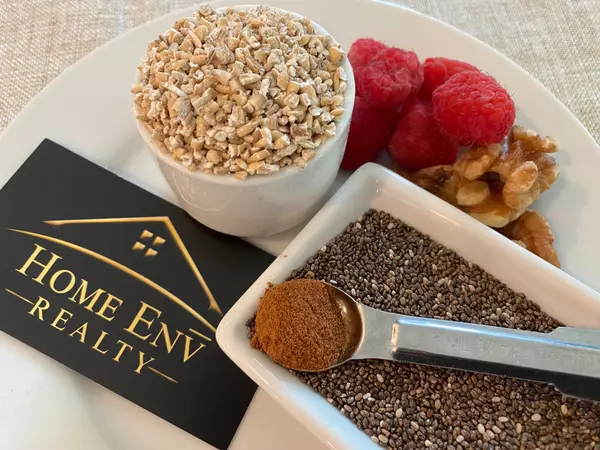
What Happens Behind the Scenes After You’re ‘Clear to Close’?
Congratulations! You just received the Clear to Close from your lender—one of the most exciting milestones in the homebuying process! But while you may be ready to pick up the keys, there’s still important work happening behind the scenes to ensure everything is in place for closing day. So, what ha

Understanding Escrow in the Florida FAR/BAR Contract: What You Need to Know
When buying or selling a home in Florida, one term you’ll frequently hear is escrow. But what exactly is it, and why does it play such a crucial role in real estate transactions? In this blog, we’ll break down: ✅ What escrow is✅ How it’s used in the Florida FAR/BAR contract✅ Potential disputes and h

Exploring Gainesville's December Real Estate Surge
As we bid farewell to 2024, Gainesville's real estate market leaves a lasting impression with notable gains and intriguing trends. Let's dive into the Sun Stats from Florida Realtors to uncover the story behind December's numbers. Closed Sales: Energizing Growth Gainesville saw a robust 13% increase
Categories
Recent Posts










